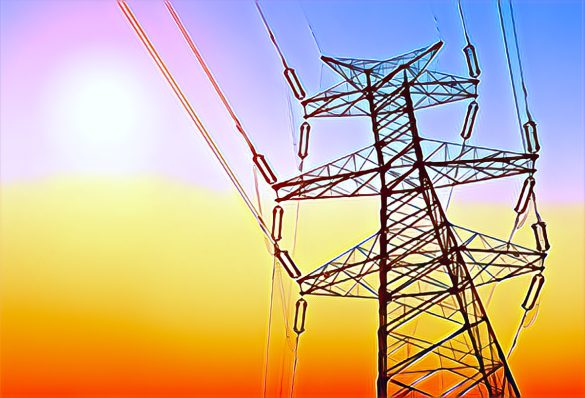The Federal Government has taken a crucial step to alleviate the financial burden on public hospitals by approving a 50% subsidy on their electricity consumption. This decision marks a significant effort by the government to support the healthcare sector, ensuring that hospitals can maintain their operations without the strain of exorbitant energy costs.
This subsidy was announced following a commitment made by the Minister of Power, Adebayo Adelabu, who had earlier assured that the government would provide financial relief for hospitals and universities. Even those institutions connected to Band-A feeders, known for higher electricity rates, are included in this subsidy. The announcement was formally made by Dr. Tunji Alausa, the Minister of State for Health and Social Welfare, during his visit to the National Neo-Psychiatric Hospital in Barnawa, Kaduna.
Dr. Alausa highlighted that this initiative is aimed at reducing the operational costs for public hospitals across the country, which would, in turn, help in alleviating the financial impact on patients. He emphasized that the subsidy would allow hospitals to redirect funds that would have otherwise been spent on electricity bills towards improving patient care and expanding medical services.
During his visit, Dr. Alausa also unveiled several new projects at the hospital, including the implementation of electronic health records and the introduction of an alternative power supply source at the Lawal Jafaru Isah Emergency Complex. Additionally, a solarization project was launched at the dialysis unit, which includes a solar-powered borehole. These projects are part of broader efforts to enhance the efficiency and sustainability of healthcare facilities across Nigeria.
While the electricity subsidy is a welcome relief for public hospitals, Minister Adelabu clarified that this financial support would not extend to private businesses operating within these institutions. The government has taken a firm stance on ensuring that the subsidy benefits only those entities directly involved in healthcare and education. Private businesses, even if they are located within hospital or university premises, will not be eligible for this subsidy if they operate for profit.
Adelabu explained that the government is aware of the financial difficulties faced by universities and hospitals in managing their electricity bills, especially after the removal of subsidies from customers categorized under Band A. This category, which now receives a minimum of 20 hours of electricity supply daily, has seen a significant increase in energy costs. As a result, many public institutions have struggled with skyrocketing electricity bills, putting additional strain on their already limited budgets.
To ensure fairness in the distribution of the subsidy, the Federal Government has initiated a comprehensive metering project across hospitals and universities. This project aims to accurately measure the electricity consumption of different entities within these institutions, distinguishing between those that are eligible for the subsidy and private businesses that are not. The goal is to prevent private businesses from benefiting unfairly from the subsidy, which is intended to support public health and educational services.
“We understand the importance of these institutions as development and social service providers,” Adelabu stated. “However, we must ensure that only those entities genuinely involved in healthcare and education receive this support. It would be unfair for private businesses, which charge their customers commercially, to benefit from a subsidy meant for public services.”


